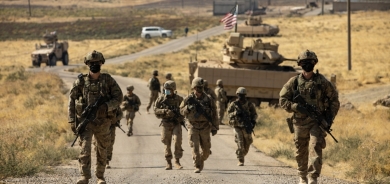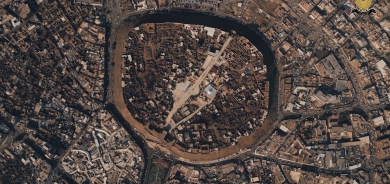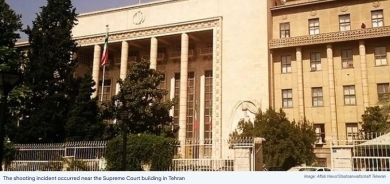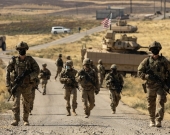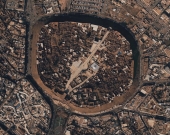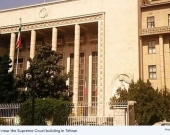Syria talks: Impasse on power transfer at Geneva

The Syrian government team reportedly presented a "declaration of principles" that did not mention transfer of power, and it was rejected by the opposition.
The sides are divided on the future role of President Bashar al-Assad.
There has been no progress reported either on allowing aid convoys into besieged areas of the city of Homs.
Many casualties
The peace talks resumed in Geneva at 10:00 GMT, the UN said.
But Syrian state media and opposition delegates both later reported that the governments declaration of principles had been rejected by the opposition.
The declaration reportedly insisted that Syrians choose a political system without "imposed formulas" from outside, while also insisting on discussing "terrorism" rather than transfer of power.
The opposition insists that Mr Assad must be replaced by a transitional administration.
Opposition delegate, Monzer Akbik, earlier said the teams had to discuss the make-up of the transitional body.
He said: "The people not acceptable are the people who committed crimes against humanity and war crimes including Assad and his associates who have blood on their hands."
The UN plan to send humanitarian aid to Homs was also on the agenda.
Syrian Deputy Foreign Minister Faisal Mekdad said on Sunday that women and children were free to leave the city. He alleged armed groups were preventing them from doing so.
UN mediator Lakhdar Brahimi said he hoped a humanitarian convoy from the UN and the Red Cross would be able to go to Homs on Monday.
However, Mr Akbik said on Monday there was no progress to report on convoys.
He said: "The city of Homs, the Old City of Homs, is still under starvation siege and there is no progress also in the releasing of prisoners.
"The regime is saying that it is going to allow the convoys. There are 12 trucks [from the] Red Crescent waiting there for the regime to allow them in, but they are not allowed in yet."
Hundreds of people are reportedly trapped in the Old City of Homs, which has been under siege since June 2012.
One journalist inside Homs told the BBC that aid in the besieged areas had run out and people were eating grass and shrubs. He said those who fell sick had no access to medicine and no way of leaving the area.
"We are under deadly siege. If we do not die from bombardment or snipers, we die of hunger or the cold," he said.
Respect and exchange
On Sunday, Mr Brahimi admitted the Geneva talks were proceeding slowly but said that on Monday he "expected the two parties to make some general statement about the way forward".
He said it was "too early" to assess the prospects of a comprehensive deal.
The opposition and government are fundamentally divided over the aims of the conference.
The opposition insists that the regime commits in writing to the Geneva I communique, which calls for a transition process.
The government insists on discussing "terrorism" first.
Mr Brahimi had said he had been encouraged by the atmosphere at the talks on Sunday, saying they had been characterised by "respect and exchange".
No direct words had been exchanged between the delegations but the two sides were talking to each other through him.
Syrias civil conflict has claimed well over 100,000 lives since it began in 2011.
The violence has also driven 9.5 million people from their homes, creating a major humanitarian crisis within Syria and for its neighbours.
BBC


